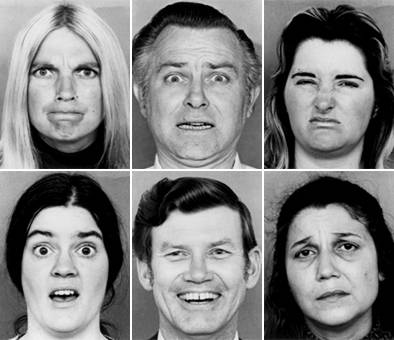An Analysis of Love
There is only one happiness in this life, to love and be loved. — George Sand
What an amazing, terrible, beautiful, and most despicable thing love is. Since this blog’s inception, I have written on this all-consuming emotion here, here, here, here, here, and here.
So, with spring back—it’s pink and cherry blossoms spreading allergies like the plague—what better time to talk again on everyone’s favorite topic?
LUSTY, LUSTY, LOVE
Since the Big Bang, people everywhere have been talking about love. In fact, an analysis of the 10 most popular songs on Billboard’s list from 1968-1971 and then 2002-2005 found that 24 of the 40 songs (i.e., 60%) were about love. In another analysis of all the songs that made Billboard’s Top 10 list in 2009 (174 in total), 92% of them were about—what the researchers called—“reproductive messages.”
But love, lust, sex, are these all the same thing?
According to some researchers, humans evolved over time to have three distinct romance-motivational systems: a sex drive, romantic attraction, and partner attachment.
At our most basic, biological level we have a sex drive that motivates us to, well… [whispers quietly: cuddle aggressively]. But, if this were our only romance-motivational system, we’d be disrobing for any available taker.
This is why we have an additional motivational system called romantic attraction.
This system evolved to motivate people to “select among potential mating partners, prefer a specific [partner], and focus one’s mating effort on that genetically appropriate individual” (Fisher et al., 2002). Without this motivational system to keep our sex drive in check, 
Still, choosing (1) the right partner who we then (2) later have sex with isn’t romance’s only motivational systems: we also have to care for the consequences of our actions.
[whispers uncomfortably: babies]
The third motivational system is called partner attachment, and this keeps us invested in our partner until our parenting duties are done—or at least this is what this motivational drive is supposed to do.
Unfortunately, evolutionary approaches to love (like today’s post) don’t leave a lot of room for the “soul mate” theory. But should we really be thinking of partners this way anyways?
THAT ONE TRUE-ISH LOVE
Researchers wanted to better understand how the way we approach love (i.e., how we frame our thoughts around love) could influence our satisfaction with relationship partners. In particular, they wanted to look at two different ways people often think about love: love as perfect unity and love as a journey.

Although both are common perspectives on love, they can have very different implications for one’s relationship wellbeing.
In one study, researchers exposed participants who had been in a relationship for at least half a year to the idea of love either as “soul mates” or “as a journey.” That is, participants saw subtle phrases that primed them to think of love in one of these manners. Afterwards, participants recalled two things they and their partner had “fought about,” and then participants answered how satisfied they were with their relationship.
Interestingly, if participants were made to think of love as a journey, they weren’t nearly as negative about the relationship after recalling those fights compared to those who thought of love as soul mates. In other words, thinking of love as a journey makes difficulties in the relationship feel appropriate; challenges are natural as you two grow together. Thinking of love as soul mates, however, made those fights feel like a sign you weren’t destined for one another.
So, when it comes to love in your own life, I think you can guess the recommendation I would make:
Don’t ever mess with it in the first place.
Just Kidding,
jdt
Everyday Psychology: Although the research today discussed the negatives of thinking of love as “soul mates” instead of a “journey,” could there be some positives to this perspective? For example, what if participants recalled reasons for celebration in their relationship? Would these moments of joy lead to greater satisfaction in the relationship if you thought yourselves as soul mates compared to being on a journey? As it turns out, the researchers actually ran this study, too; however, it appears that in the face of joys, thinking of love as a journey or as soul mates produced equal satisfaction with one’s relationship. Still, can you think of any instances where viewing the relationship as two soul mates (vs. a journey) could result in better relationship outcomes?
Fisher, H. E., Aron, A., Mashek, D., Li, H., & Brown, L. L. (2002). Defining the brain systems of lust, romantic attraction, and attachment. Archives of sexual behavior, 31(5), 413-419.
Lee, S. W., & Schwarz, N. (2014). Framing love: When it hurts to think we were made for each other. Journal of Experimental Social Psychology, 54, 61-67.









